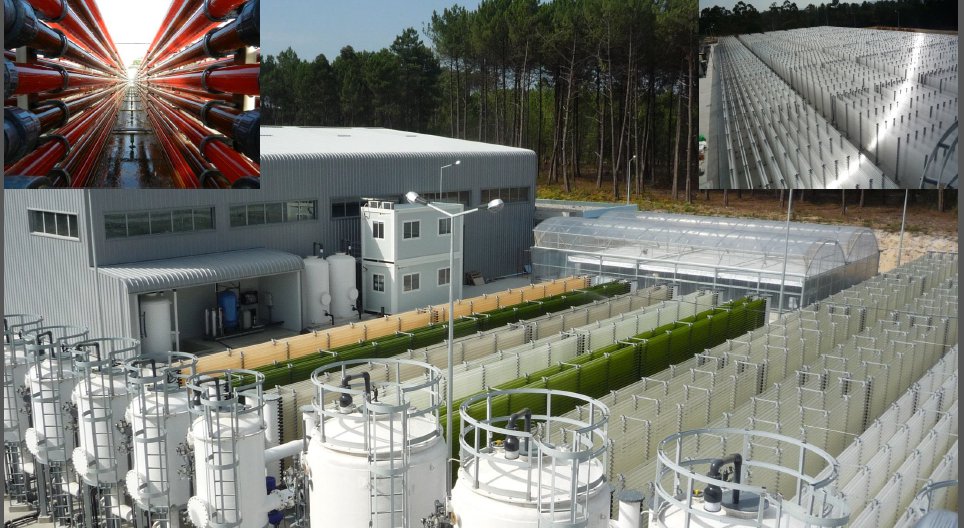The record- breaking algae-fueled motorcycle from Below The Surface (BTS) – Driving Innovation’s racing team will be joined by a hydrogen-fueled desert truck in the Baja 1000 off-road race next month. This will be the first such racing team operating entirely on renewable fuels and we are glad to see them using algae-derived biofuels to get the job done.
The Baja 1000 covers some of the toughest racing conditions available, making this year’s event a thorough demonstration of the reliability of these renewable fuels.
And if you are in the San Diego area tomorrow (Nov 1) you will have a chance to check out both vehicles. They will be on display at the HALO Counter-Terrorism Summit at the Paradise Point Resort & Spa.
We wish them luck!





